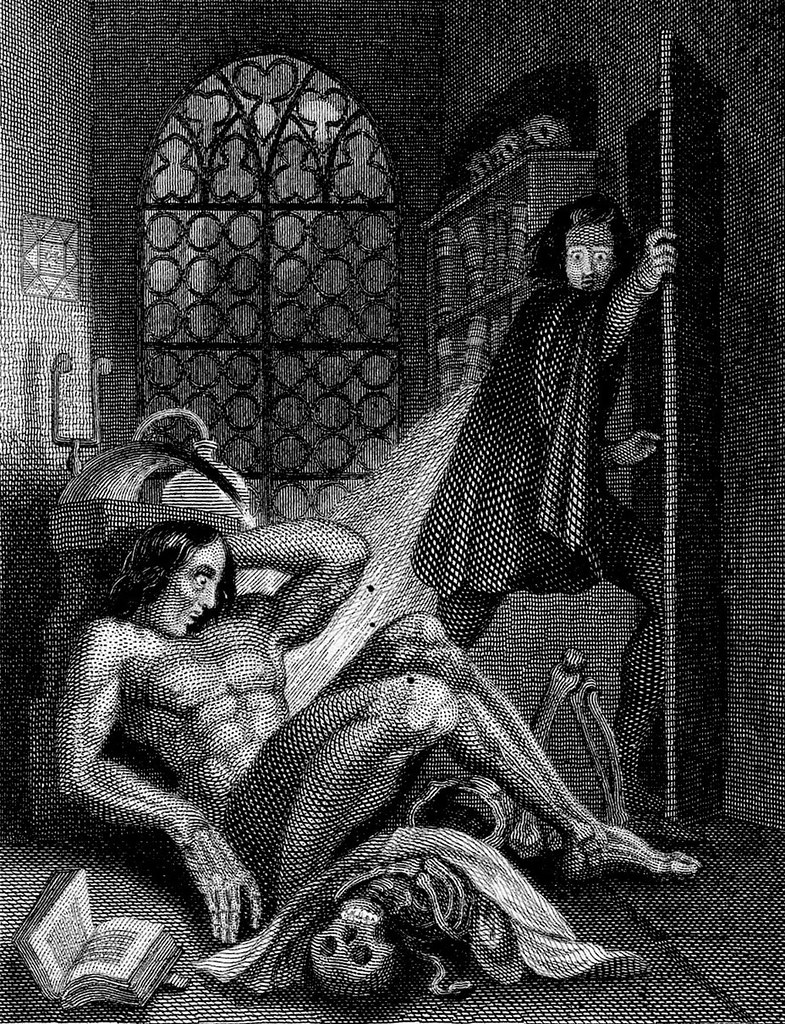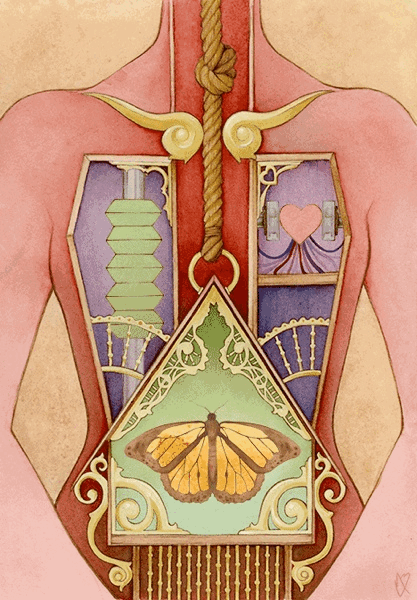A Carcass
My love, do you recall the object which we saw,
That fair, sweet, summer morn!
At a turn in the path a foul carcass
On a gravel strewn bed,
Its legs raised in the air, like a lustful woman,
Burning and dripping with poisons,
Displayed in a shameless, nonchalant way
Its belly, swollen with gases.
The sun shone down upon that putrescence,
As if to roast it to a turn,
And to give back a hundredfold to great Nature
The elements she had combined;
And the sky was watching that superb cadaver
Blossom like a flower.
So frightful was the stench that you believed
You'd faint away upon the grass.
The blow-flies were buzzing round that putrid belly,
From which came forth black battalions
Of maggots, which oozed out like a heavy liquid
All along those living tatters.
All this was descending and rising like a wave,
Or poured out with a crackling sound;
One would have said the body, swollen with a vague breath,
Lived by multiplication.
And this world gave forth singular music,
Like running water or the wind,
Or the grain that winnowers with a rhythmic motion
Shake in their winnowing baskets.
The forms disappeared and were no more than a dream,
A sketch that slowly falls
Upon the forgotten canvas, that the artist
Completes from memory alone.
Crouched behind the boulders, an anxious dog
Watched us with angry eye,
Waiting for the moment to take back from the carcass
The morsel he had left.
— And yet you will be like this corruption,
Like this horrible infection,
Star of my eyes, sunlight of my being,
You, my angel and my passion!
Yes! thus will you be, queen of the Graces,
After the last sacraments,
When you go beneath grass and luxuriant flowers,
To molder among the bones of the dead.
Then, O my beauty! say to the worms who will
Devour you with kisses,
That I have kept the form and the divine essence
Of my decomposed love!
— William Aggeler, The Flowers of Evil (Fresno, CA: Academy
Library Guild, 1954)
This and other translations from
HERE






.jpg)







05.jpg)





